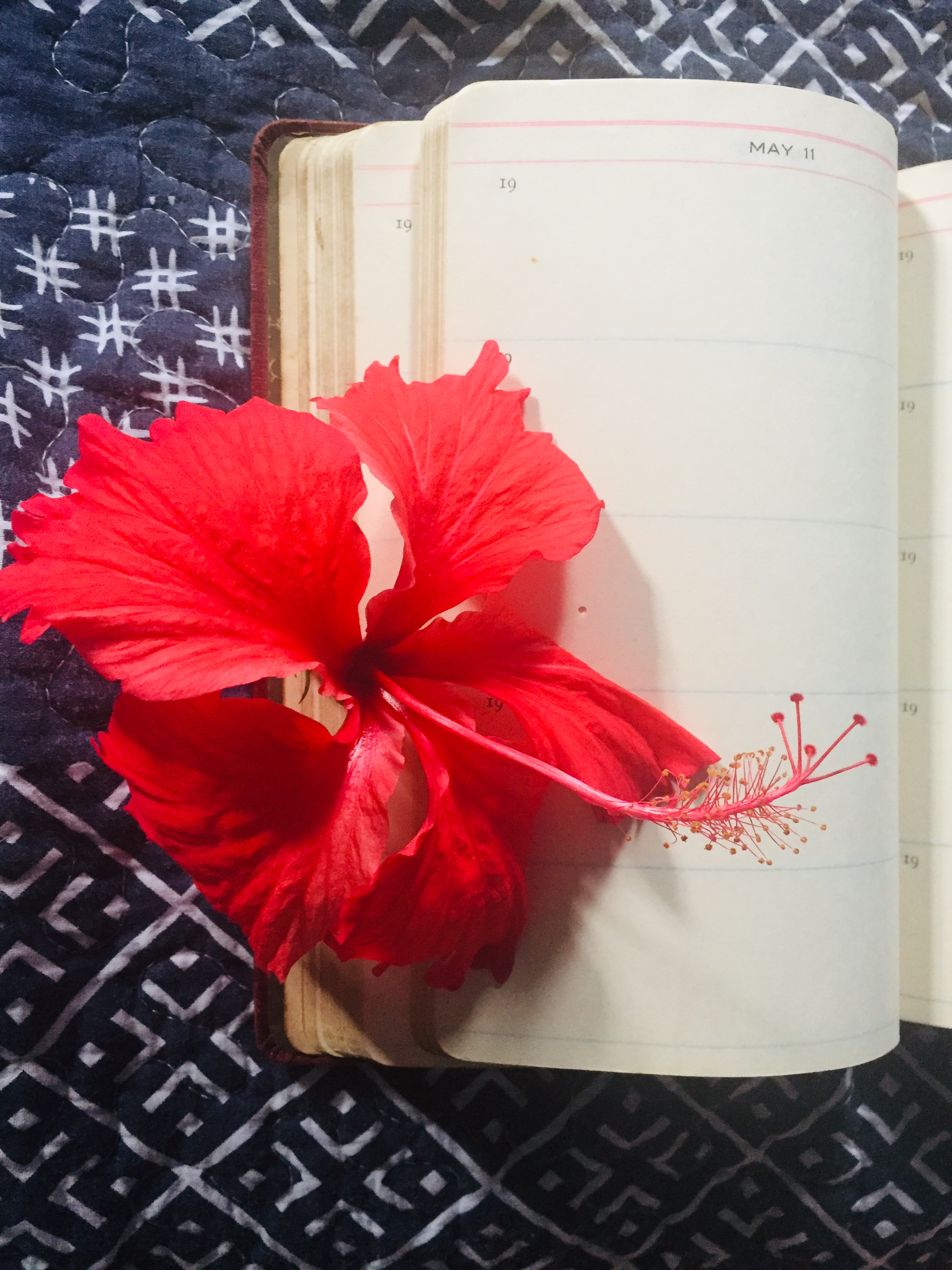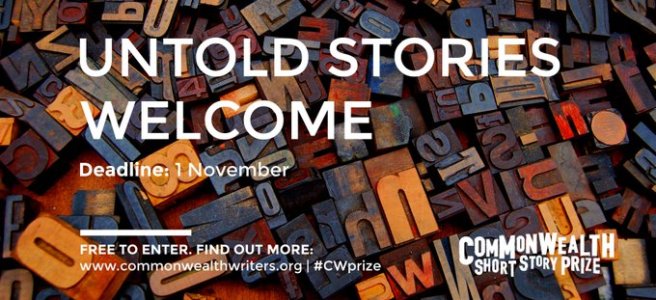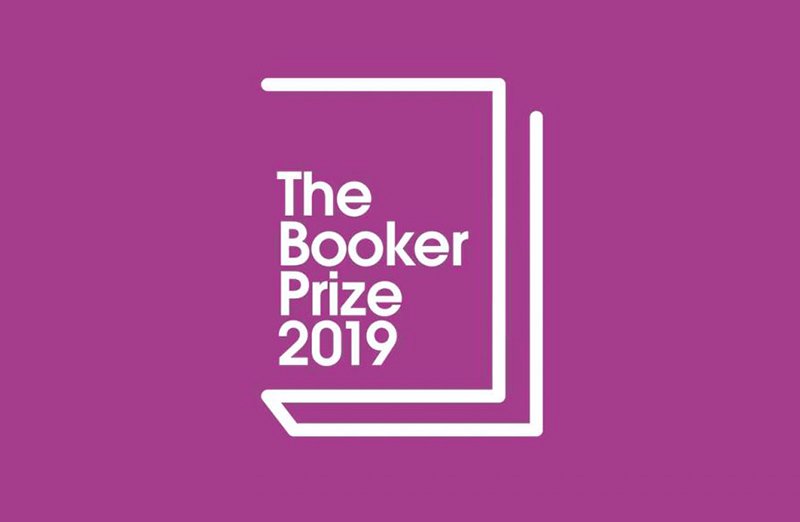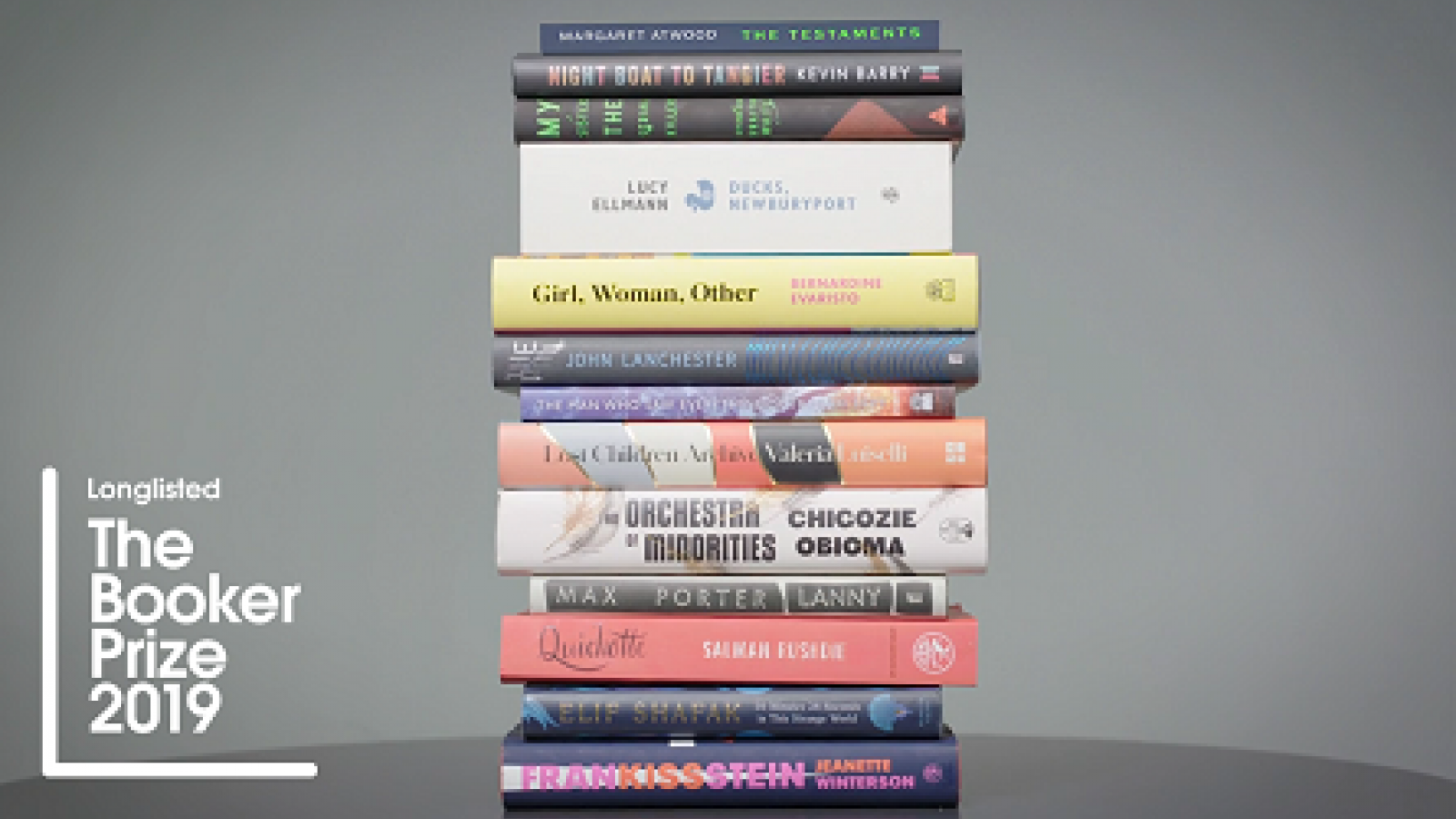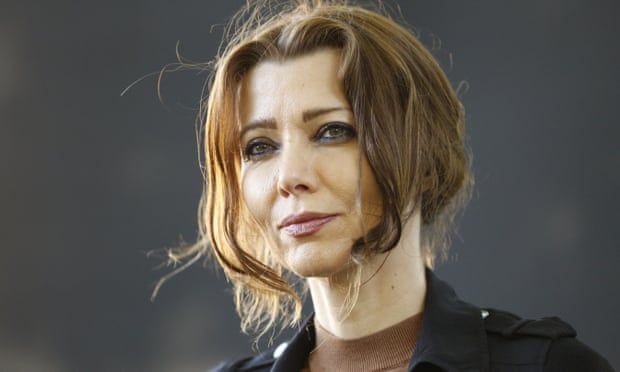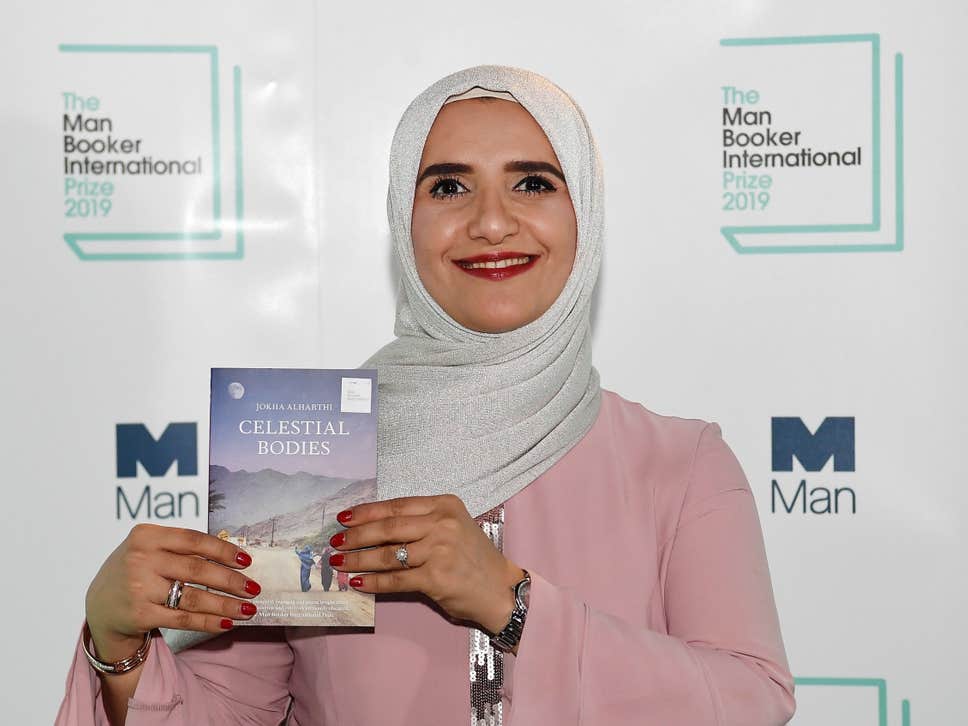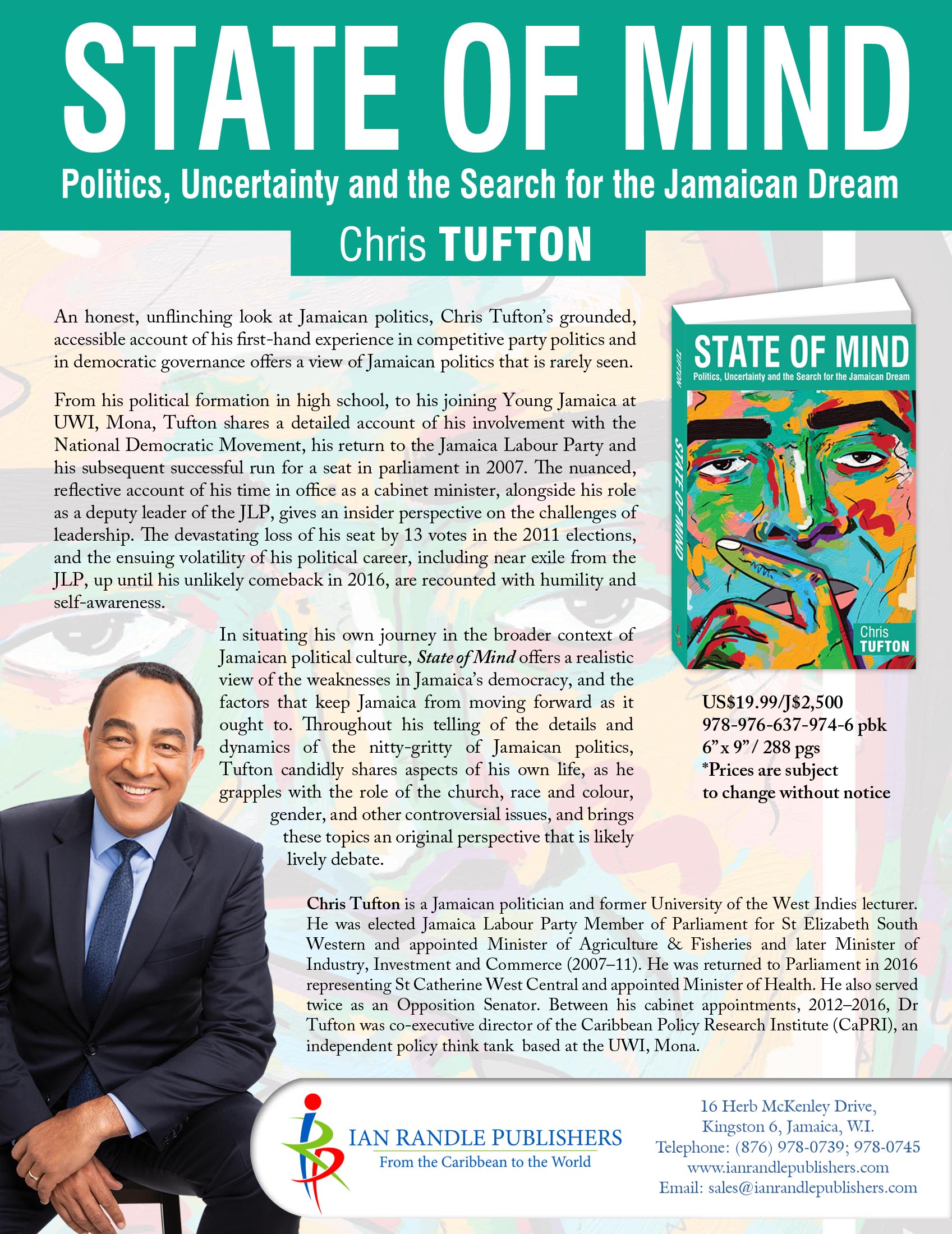Do you have a beautiful unpublished short story just waiting to be discovered? Then apply for the 2020 Commonwealth Short Story Prize! Deadline is November 1, 2019.
Last year’s Caribbean winner was Alexia Tolas from the Bahamas for her story “Granma’s Porch.” In 2018, Trinidad’s Kevin Jared Hosein won with his story “Passage.” And have you read “The Dolphin Catcher,” a beautiful story by Jamaica’s Diana McCaulay, the Caribbean regional winner in 2012?
Entrants can submit in 11 languages for the chance to win international recognition and prize money.
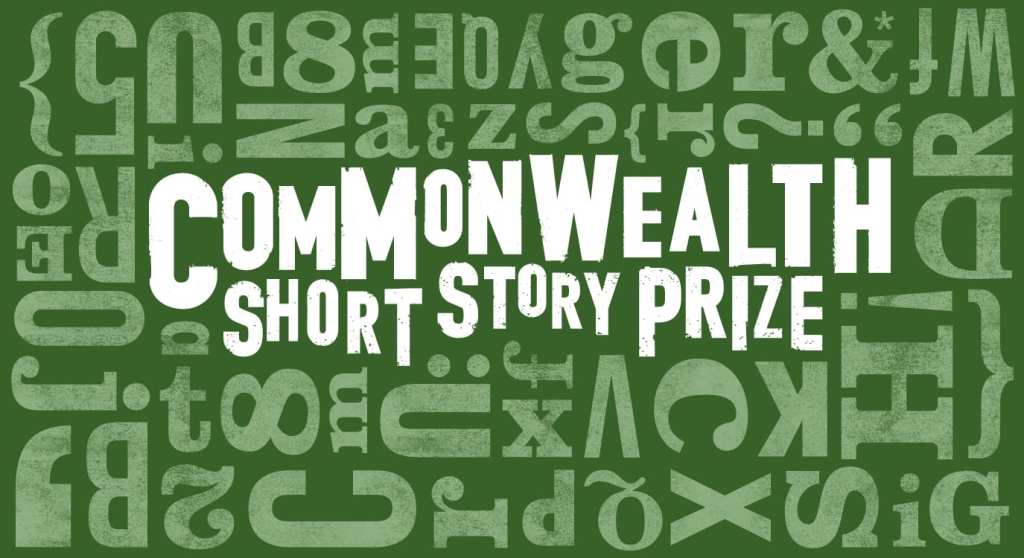
Friday 13th September, London, United Kingdom: The 2020 Commonwealth Short Story Prize is accepting entries from 1 September to 1 November 2019. The competition is administered by Commonwealth Writers and is free to enter.
The prize is awarded for the best piece of unpublished short fiction (2,000–5,000 words). The five regional winners receive £2,500 each and the overall winner receives a total of £5,000.
In addition to English, submissions are accepted in Bengali, Chinese, French, Greek, Kiswahili, Malay, Portuguese, Samoan, Tamil, and Turkish. Stories that have been translated into English from any language are also accepted.
The prize is open to citizens of all Commonwealth countries and judged by an international panel, representing each of the five regions of the Commonwealth. The judges for the 2020 prize are: Nii Ayikwei Parkes (Chair), Mohale Mashigo (Africa), William Phuan (Asia), Heather O’Neill (Canada and Europe), Elizabeth Walcott-Hackshaw (Caribbean), and Nic Low (Pacific).
The five regional winning stories are published online by the literary magazine Granta. Past winners of the prize have gone on to win other literary competitions and secure book deals.
The overall winner is announced at a ceremony which is held in a different region of the Commonwealth each year. All the regional winners are invited to attend this special event which provides opportunities to network with other writers and engage the media.
Janet Steel, Programme Manager of Commonwealth Writers, said:
‘The prize is at the heart of all the work we do at Commonwealth Writers. It’s a chance for new voices to shine from around the Commonwealth and be recognised on a global platform.’

Constantia Soteriou, Cypriot writer and overall winner of the 2019 Commonwealth Short Story Prize, said:
‘I feel honoured and happy to win this amazing prize; it feels like a reward for all the hard work I have been doing over the last eight years, writing about the perspectives of women on the political and historical events of Cyprus.
‘This prize is a recognition for giving voice to those who did not have the chance to be heard before; those who were left behind.’
Those interested in applying can find out more about eligibility, rules, and the submission process at www.commonwealthwriters.org/cssp-2020.
For further information
Please contact Emma D’Costa on e.dcosta@commonwealth.int or +44 (0) 20 7747 6328 or +44 (0) 77 7699 7902.
Notes
1. The Commonwealth Short Story Prize is a project of Commonwealth Writers, the cultural programme of the Commonwealth Foundation.
2. Commonwealth Writers is the cultural initiative of the Commonwealth Foundation. It inspires and connects writers and storytellers across the world, bringing personal stories to a global audience. Commonwealth Writers believes in the transformative power of creative expression in all its forms. It works with local and international partners to identify and deliver a wide range of cultural projects. The activities take place in Commonwealth countries, but its community is global. www.commonwealthwriters.org
3. Commonwealth Foundation is a development organisation with an international remit and reach, uniquely situated at the interface between government and civil society. It develops the capacity of civil society to act together and learn from each other to engage with the institutions that shape people’s lives and to influence public discourse. It strives for more effective, responsive, and accountable governance with civil society participation, which contributes to improved development outcomes. www.commonwealthfoundation.com
